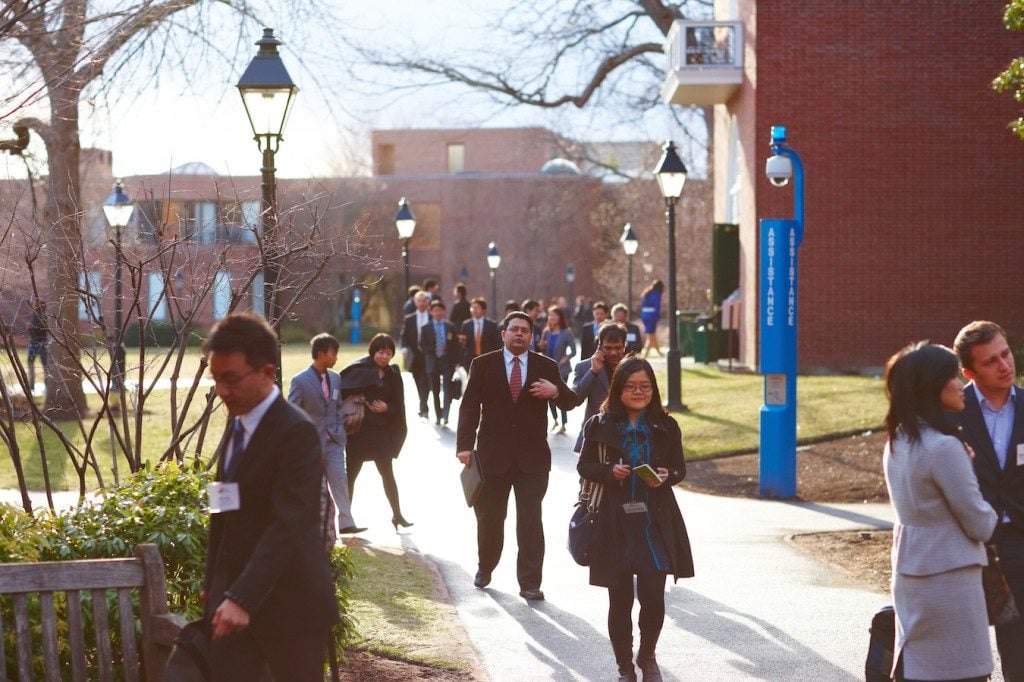Are you a college student, or about to become one? Perhaps you’re in graduate school. Have you ever wondered what a real education is all about? Dr. J.P. Moreland, a philosophy professor and mentor to a number of us on the team here, will soon make his annual pilgrimage back to Impact 360 Institute to help lay a biblical worldview foundation for our students. During his time on campus he will offer a free evening lecture, open to the public, on “The Case for Christianity in a Post-Christian Culture.” As a part of his last visit with us, he helped us understand how to live in a post-Christian culture by zeroing in on this notion of “real” education. Here are a few of his thoughts:
“…as I’ve said before, we are not human beings seeking a spiritual life; we are spiritual beings seeking a human life. What does that mean? That means at the very core of our identity is the spiritual life. We are fundamentally spiritual creatures. We were made to be attached to and connected to God. We were made to co-labor with God. That’s the way we were made. I don’t care if you’re an atheist, I don’t care what your beliefs are, whether you like it or not, that’s the way you were made to function. And you will function best if you come to know the Creator who made you, the God of the Bible, and you learn to co-labor with Him throughout the rest of your life.
Now an education should help a person learn how to attach to God and to see God’s world the way God sees it.
It will include then an understanding of theology and philosophy and the humanities. It will help a student learn to understand the trends in the culture. What’s happening in my culture and my world? And how do I think about these trends from a Christian point of view?
It will include the notion of calling, that I have a calling from God. That calling might be to be a Christian doctor, or to be a school teacher, or a Christian businessman or woman, whatever it might be. But God put me into this world for a purpose, and He has got a calling on my life. He hasn’t specified everything in complete detail. Sure, I have freedom about certain things, but there are things, tasks that God put me here to do, and He gave me talents and abilities that make me uniquely qualified to fulfill my calling. A good education should emphasize calling and help a student find his or her calling.”
